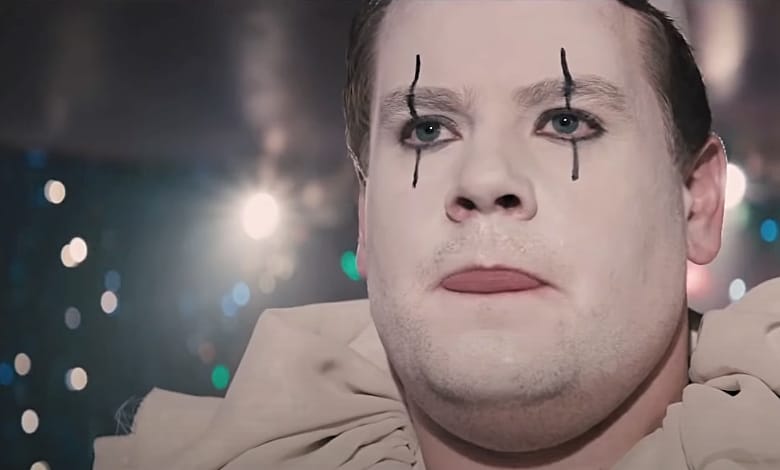‘One Chance’ Director Hails New Media’s Power
David Frankel shares hope for storytellers in the digital age

“One Chance” tells the story of how Paul Potts leveraged both a British reality show and YouTube to become an opera sensation.
The film’s director, David Frankel, applauds how new media can level the playing field for today’s talent.
“I think it’s a great thing. I’m a huge fan and I think we need it,” says Frankel, whose film opens in theaters Oct. 10.
Frankel recalls the 2008 book “Outliers: The Story of Success” by Malcolm Gladwell which opens with how tiny twists of fate derail some hockey athletes from their dreams.
New media is simply readjusting the fairness scales for artists, he says.
“How many people who, for whatever reason, fell on the wrong side of something could [now] pursue the potential talent they had?” asks Frankel, who previously directed “Hope Springs,” “Marley and Me” and “The Devil Wears Prada.”
“One Chance” casts James Corden as Paul, a cell phone salesman from South Wales eager to show the world his operatic voice. He’s been bullied and ignored, but can he seize the chance to prove he’s more than what most people pegged him to be?
It might take the love of a good woman (Alexandra Roach) to make that happen.
FAST FACT: Dave Frankel is an Oscar and Emmy winner. He earned an Academy Award for his short film, “Dear Diary” and an Emmy for directing “Band of Brothers.”
“One Chance” isn’t your typically romance, if only because the leads don’t look like they just left the gym after a two-hour workout. Frankel found that one of many reasons to make the movie.
“Aren’t we all a little bit like that? It’s so much easier to identify with,” he says of the leads’ realistic proportions.
This underdog saga got a boost from one of Hollywood’s biggest producers, Harvey Weinstein.
“I think he identified a lot with Paul’s character,” Frankel says of the famed producer, who wasn’t shy about sharing his opinions during production. Frankel welcomed the input, which involve script notes, modest set visits and a hand in the film’s final stages.
“I invited him into the cutting room … I wanted to work with Harvey Weinstein,” he says. “We didn’t agree on everything, but that’s part of the fun of it.”
A clear through line with Frankel’s films is their mainstream appeal, something critics pounce on as if it were a crippling flaw. Frankel makes no apologies for his approach.
“I try to make movies that my wife will go to, and that’s hard because she doesn’t see a lot of movies,” he says. “I like to make movies families can watch together.”
And he has a quiet response to critics who deem his films less substantial for daring to please a crowd.
“The craft of creating joy or making laughter is as challenging, or more challenging, than heavy drama. Our clowns in the metaphorical terms are undervalued … I’m not sure how that evolved,” he says.
DID YOU KNOW: Paul Potts’ 2007 “Britain’s Got Talent” performance has been seen 30 million times on YouTube.
